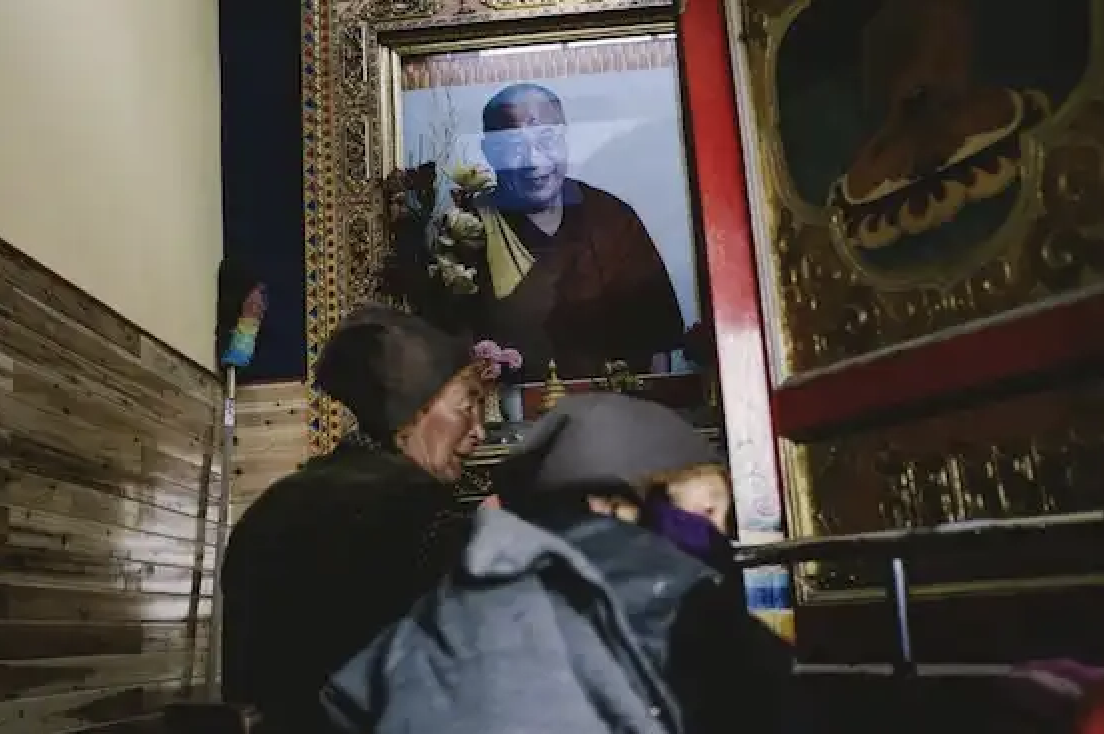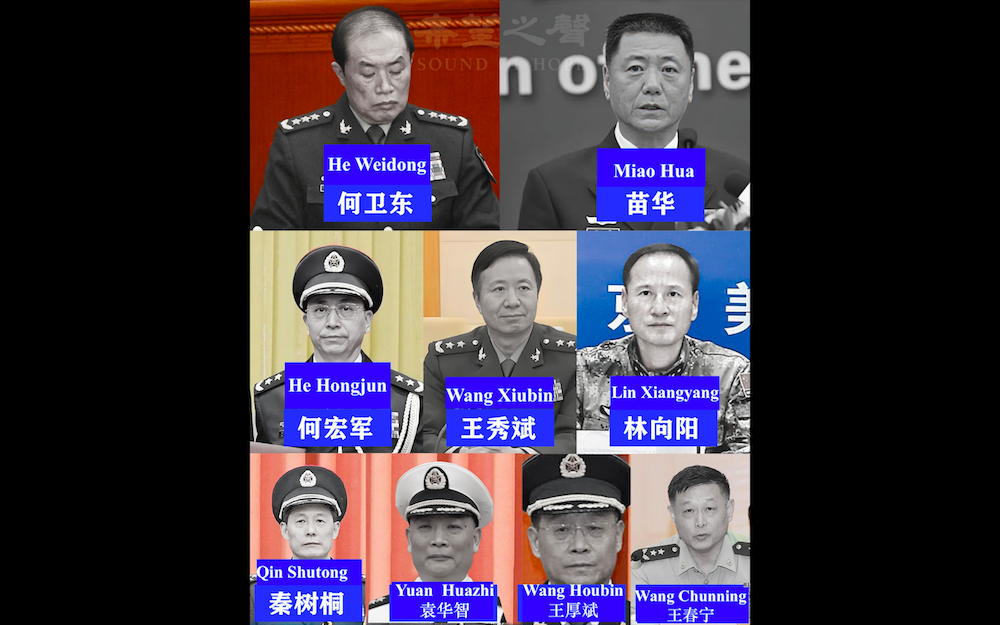By Phurbu Thinley
 Dharamsala, October 8 – A jailed Chinese dissident has won the 2010 Nobel Peace Prize despite China’s warning that it would harm bilateral ties between China and Norway. Liu Xiaobo, a jailed Chinese rights activist, has been declared the winner of the world’s most coveted recognition for peace in the Norwegian capital, Oslo, on Friday.
Dharamsala, October 8 – A jailed Chinese dissident has won the 2010 Nobel Peace Prize despite China’s warning that it would harm bilateral ties between China and Norway. Liu Xiaobo, a jailed Chinese rights activist, has been declared the winner of the world’s most coveted recognition for peace in the Norwegian capital, Oslo, on Friday.
The Norwegian Peace Prize Committee has said Liu has been awarded “for his long and non-violent struggle for fundamental human rights in China”, making him the the first Chinese to ever win the prestigious prize. Many believe the outcome would make history and give a huge boost to democracy advocates inside China, while at the same time enraging Beijing’s authoritarian government.
Former peace prize winners Archbishop Desmond Tutu, the Tibetan spiritual leader the Dalai Lama and Vaclav Havel had been among those supporting Liu to get the Peace Prize.
China last month warned the Nobel Peace Committee against awarding the prize to Liu Xiaobo, who has been in jail since his arrest in 2008. Liu was sentenced to 11 years imprisonment for “incitement to subvert state power,” and in connection with six essays he wrote and also his role in initiating Charter 08, a widely circulated petition calling for more civil rights in China and an end to the Communist Party’s political dominance.
The Charter 08 was launched online on December 9, 2008, the eve of the 60th anniversary of the Universal Declaration of Human Rights, and draws its inspiration from the “Charter 77” document demanding political reform in Czechoslovakia in January 1977.
Chinese police took Liu, a former university professor who spent 20 months in jail for joining the 1989 student-led protests in Tiananmen Square, away on December 8, 2008, a day before the publication of the document.
The document has been subsequently signed by some 10,000 intellectuals, lawyers, journalists, writers, scholars, artists including Tibetan writer Woeser.
Liu has also been one of the most vocal dissidents who have expressed support to the exiled Tibetan leader Dalai Lama. In his article “The Right of Self-government” written in 2000, Liu wrote, “Dalai Lama’s Tibetan demand for autonomy, not only morally sufficient reason, but also expressed in real peace negotiations in good faith.”
He was a key figure behind the “Twelve Suggestions for Dealing with the Tibet Situation,” released in March 2008, in which he and other prominent intellectuals called on the Chinese government to respect the Tibetan people’s right to freely express their views and for China’s leaders “to hold direct dialogue with the Dalai Lama.”
This year, the Nobel Committee considered a record 237 individuals and organisations for prestigious prize including Rebiya Kadeer.
The Norwegian Parliament appoints the five voting members of the Norwegian Nobel Committee, which selects the laureate for the Peace Prize.









